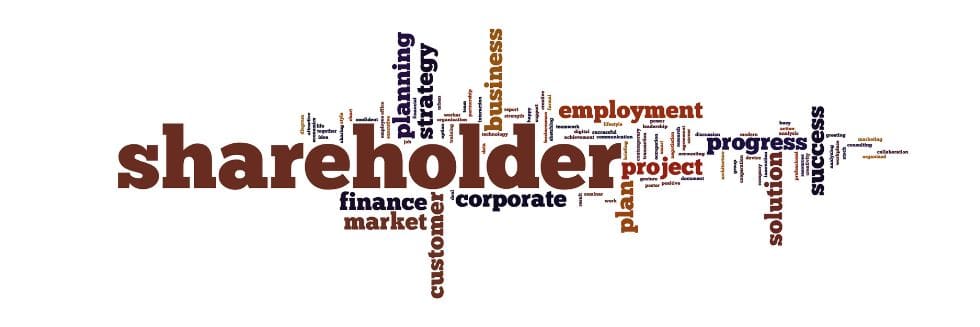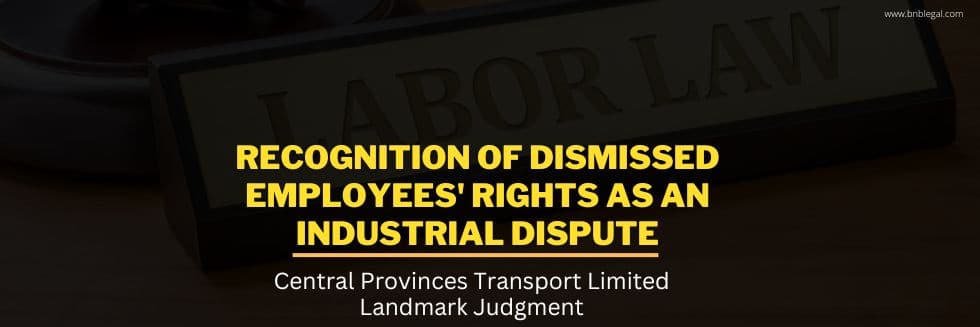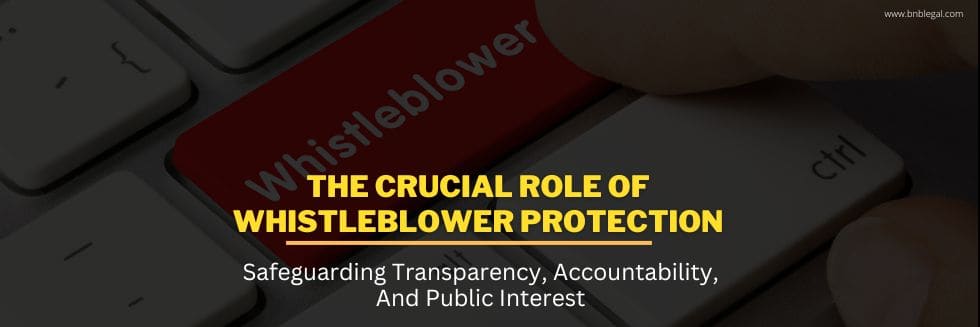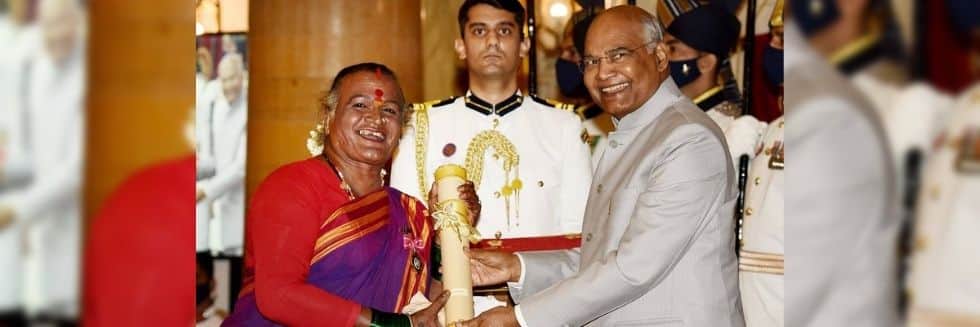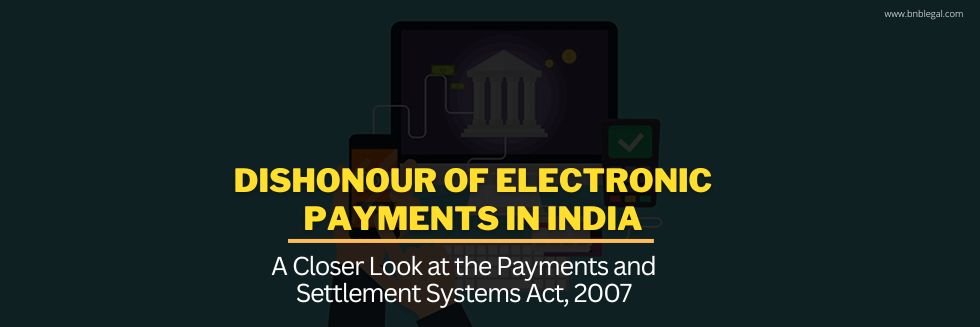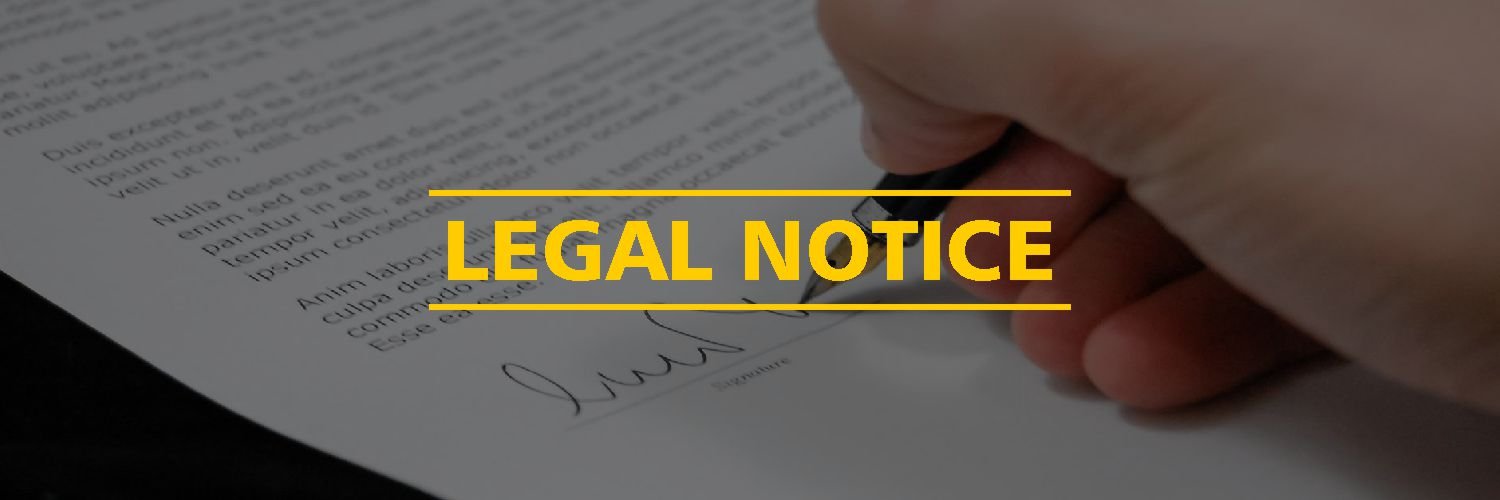The Best Civil Lawyers in India understand the relevance and importance of the quote – Justice Delayed Is Justice Denied.
Unfortunately, the price one has to pay for justice is not only in terms of money. What makes justice costlier is time. When the timeline gets tediously elaborated, all material wealth appears petty in comparison. Time is all we have – the ultimate absolute value against which life and its quality is measured.
The best civil lawyers in India generally adopt the following course of action in Civil Proceedings:
- The plaintiff files a suit.
- The notice is served upon the defendant.
- The defendant tenders a reply called ‘written statement’.
- Plaintiff further submits replication
- Thereafter, the issues are framed.
- The evidence is led by both the parties.
- Arguments are heard.
- Finally, the judgment is pronounced.
Thus, we have dates for notice, written statement, consideration of any application, replication, evidence, and arguments. However, in between in practice, even the best civil lawyers in India generally forget and omit statutory significant steps. The steps laid out in the; Civil Procedure Code vide order 10, 11, 12 and 13.
The Code of Civil Procedure – Order X
Examination of parties by the court.
“Ascertainment whether allegations in pleadings are admitted or denied.
At the first hearing of the suit the court shall ascertain from each party or his pleader whether he admits or denies such allegations of fact as are made in the plaint or written statement (if any) of the opposite party, and as are not expressly or by necessary implication admitted or denied by the party against whom they are made. The court shall record such admission and denials.”
THE STATUTORY OBLIGATION OF ORDER X
Thus, the statute lays out an obligation to record the admission and denial of both the parties. However, this procedure is often rushed and even the best civil lawyer forget to abide by this rule. Sometimes, a hiatus is all it takes to see where we’ve gone wrong in our practice. If the expression in the code is ‘shall, the advocates ought not to ignore this step. They ought to seek a date for recording of admission and denial and the courts ought to allow.
As a matter of practice, parties are not presented for oral examination under order 10, rule 2.
Consequently, the substance of examination does not come on record. A precious stage is thus lost which could have saved the Court’s time. The idea of speedy justice thereby remains an Idea.
Many times, the cases linger for the answers which are apparent on the record. The parties are not called to admit or deny pertinent questions. Whenever there is a question which ought to be answered, and the opposite party is likely to answer if interrogated, we must go by order 10 rule 4.
Order 10 rule 4 provides that the court may postpone the hearing of the suit to a date, not later than 7 days, from the date of first hearing and direct that such party shall appear in person on such day.
A stitch in time saves nine.
If the order is followed in its true spirit, many dates of evidence, the efforts of calling documents, the cost and unnecessary endurance can be saved. What we have inflated to inordinate delays, can be got done in time with effective grip.

